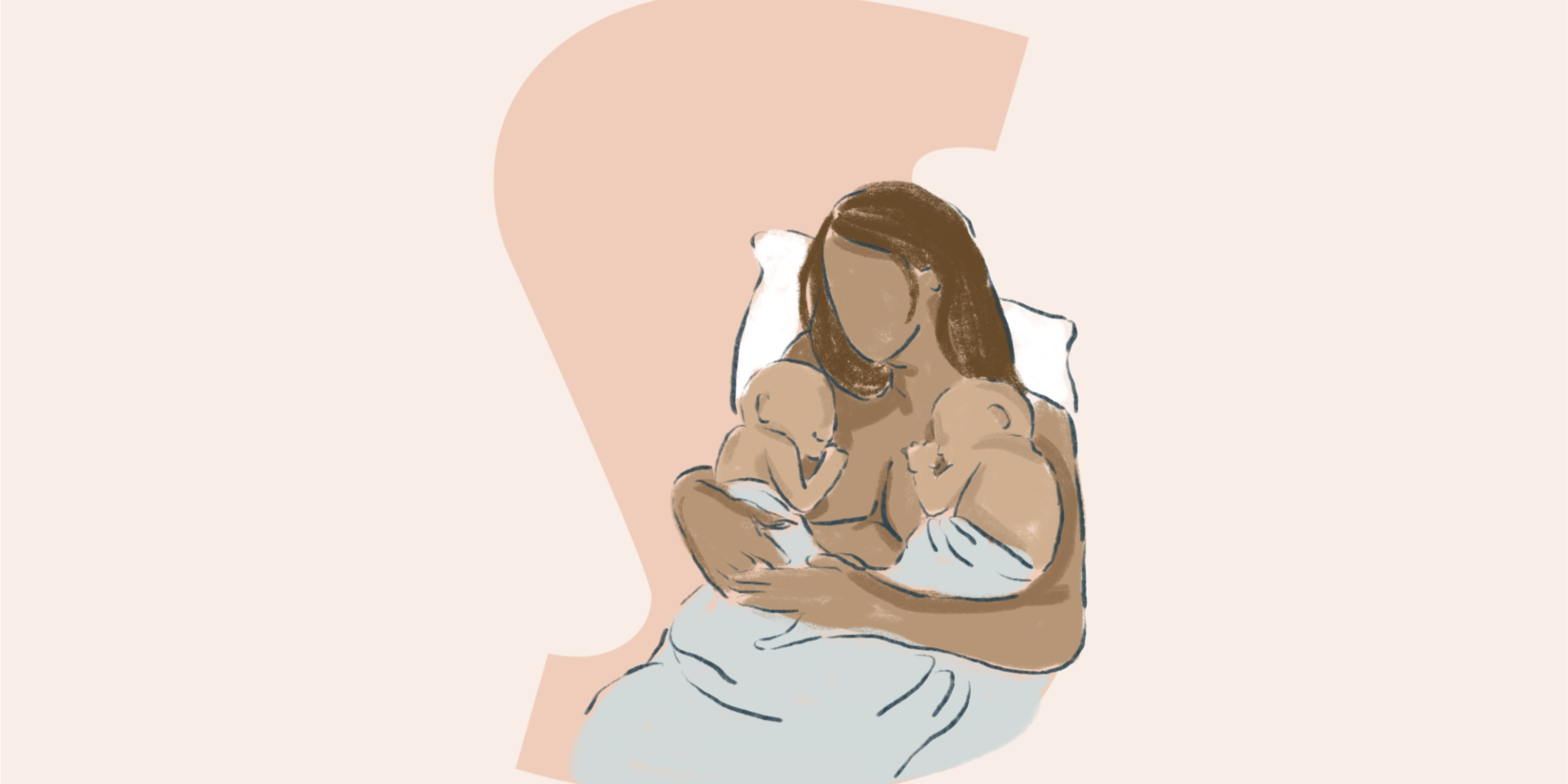
A recent World Health Organisation (WHO) study found that 90 minutes of uninterrupted skin-to-skin contact, where a baby is dried and laid directly on their mother’s bare chest for at least an hour after birth or until baby’s first feed, maximises the chances of breastfeeding success. The baby is encouraged to seek out the nipple with minimal intervention and begins to breastfeed.
Oxytocin, also known as the ‘love hormone’ or ‘cuddle hormone’ or ‘feel good hormone’ is released and deep emotional bonds are formed between parent and child.
Skin-to-skin contact continues to be valuable long after birth. Mothers who are struggling with breastfeeding supply or with a baby losing focus at the breast, may be encouraged to do plenty of skin-to-skin time with their baby at home.
#worldbreastfeedingweek2022 #stepupformothers #stepupforbreastfeeding #WABA #SDGs #educateandsupport #womensmonth #letdownline #movementformothers
S is for Skin-to-Skin



